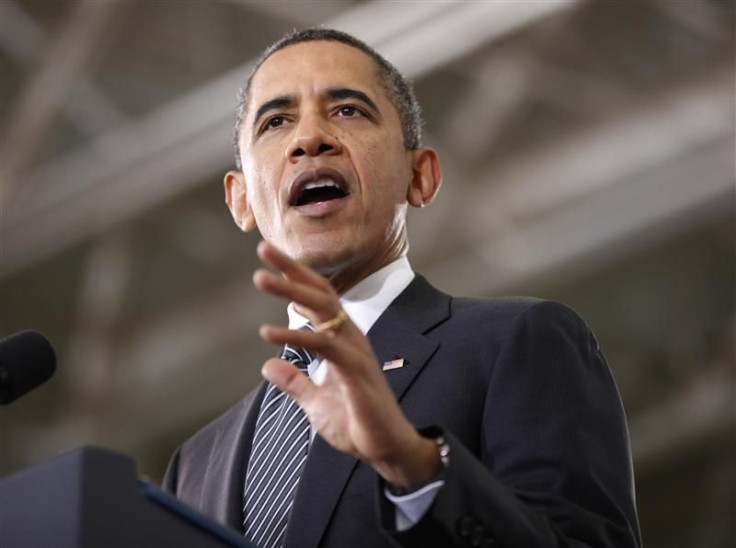Obama Proposes to Cut Corporate Tax Rate, End Breaks: Will it Influence the Presidential Election?

President Barack Obama has made a proposal to lower the corporate tax rate to 28 percent from 35 percent in an attempt to ensure that companies will pay less in taxes for the U.S. to remain competitive globally. The proposal could intensify the tax-reform debate as the presidential election approaches.
Our current corporate tax system is outdated, unfair and inefficient, said Obama. It provides tax breaks for moving jobs and profits overseas and hits companies that choose to stay in America with one of the highest tax rates in the world, he added.
“The business tax system today is bad for economic growth and bad for job creation in the United States,” Treasury Secretary Timothy Geithner said to reporters. The last time we fundamentally reformed the business tax code was more than 25 years ago. That was before the Internet, before cellphones, before the rise of China and other emerging markets ... and before a global trend to lower the corporate tax rates around the world, Geithner added.
Hours after Obama released his plan, Republican presidential candidate Mitt Romney also released a tax plan of his own and called for a corporate tax rate cut to 25 percent. Eliminating the inheritance tax and repealing the alternative minimum tax are other highlights of the plan. Among other Republican presidential candidates, Rick Santorum is calling for a 17.5 percent corporate rate and Newt Gingrich wants it to drop to 12.5 percent.
The new proposal would also require companies that hoard money in offshore tax havens to pay a minimum amount in tax every year. In addition, Obama's plan calls for broadening the corporate tax base by ending a number of tax breaks. While the plan tries to reverse tax incentives for corporations to relocate jobs and research overseas, it gives domestic manufacturing operations bigger tax breaks.
The U.S. currently has the second-highest statutory tax rate in the world and is set to take over the lead when Japan drops its rate in April. The 28 percent baseline rate would still be among the highest in the developed world, but on par with nations like Germany, Norway and Sweden.
The tax cuts proposed by the Treasury Department would cost about $1.2 trillion during the next decade.
At the same time, the new proposal has little chance of becoming law in an election year with Congress deeply divided on fiscal issues.
Certainly there is a broad consensus in both major parties that the corporate tax code is outdated and has placed U.S. firms at a disadvantage to their foreign competitors. At the same time, the manner in which the corporate tax code will be restructured is definitely going to be a big point of debate in the year of presidential election.
© Copyright IBTimes 2024. All rights reserved.





















